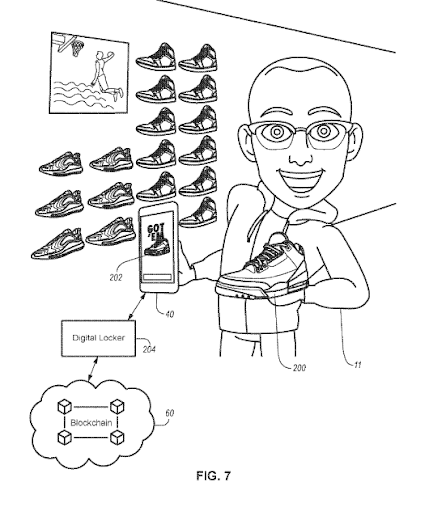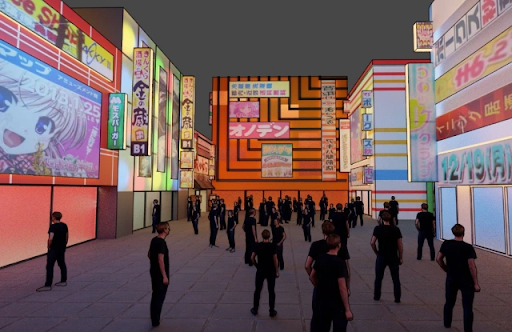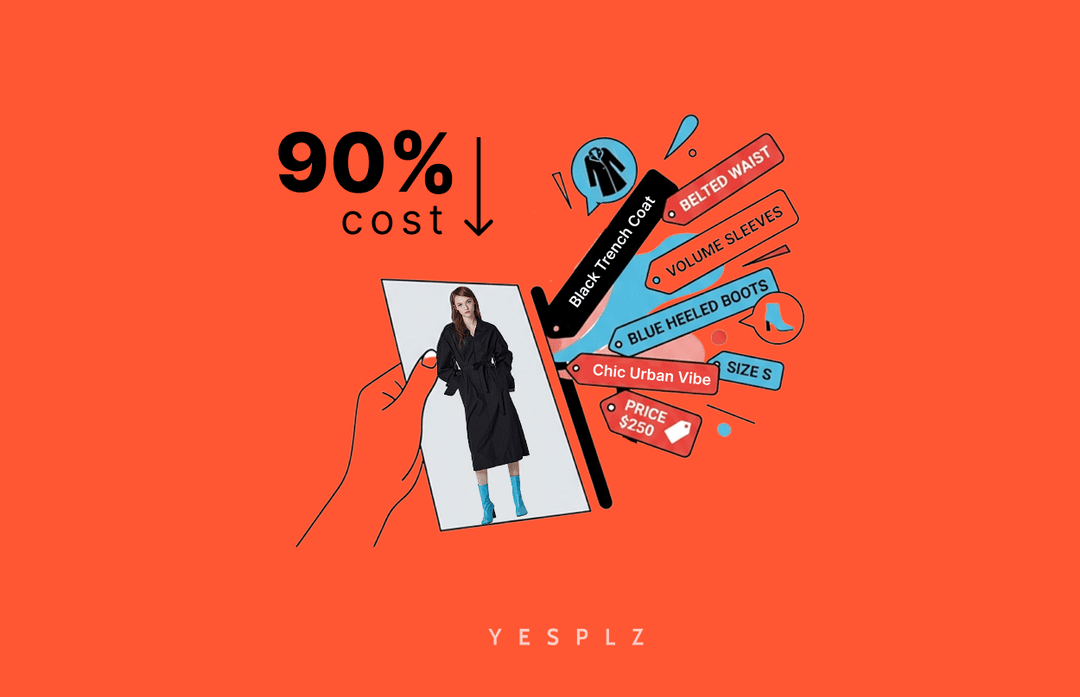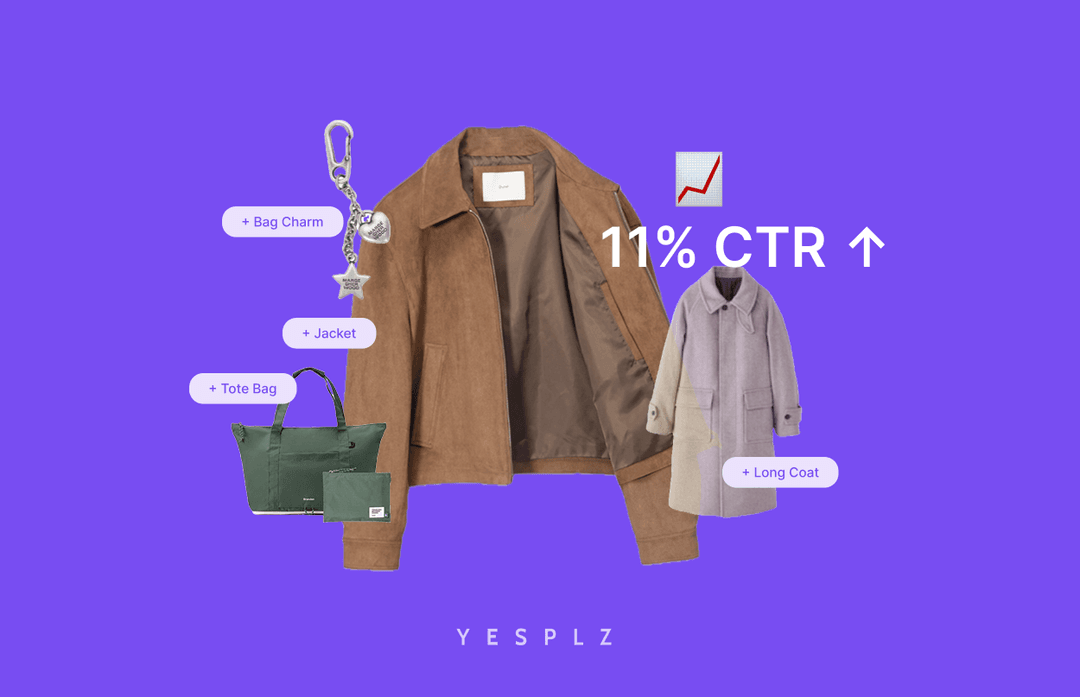Series #1
by Jess Erdman, Content Marketing LeadJuly 2021

It’s becoming clear that fashion tech has evolved, yet again. Whether that evolution was inevitable or a result of the pandemic remains a question mark, but the same questions remain: Can fashion tech prove itself to be more than just a buzzword? Will the underlying technologies create a seismic change in retail?
As the physical, digital, and biological merge to create new fashion tech trends, we’re starting to see major retailers adopt fashion AI and begin to explore digital worlds, such as NFTs and digital clothing.
2021 has been a breakout year for fashion tech trends, such as NFTs, digital clothing, and hyper-personalization.
In this article, we’ll focus on one emerging fashion tech trend: NFTs. In the future, we’ll release our other top fashion tech trends for 2021.
Let’s talk NFTs!
Stay in the loop with the latest fashion tech trends. Visit our Resource Center to learn more about fashion tech and eCommerce.
What is it: NFTS (non-fungible tokens) have likely come across your radar if you’re following tech news. They’re digital certificates of authenticity (stored on the blockchain), and prove ownership of a unique digital form (music, drawings, art, a Twitter livestream of a man burning Banksy’s artwork--yes, really). In reality, the applications for NFTs are endless, as they’re a new asset class.
The future of NFTs: NFTs are cool, but we’re still seeing a lot of hype around them, leading to an spike in prices and press interest, but we’re waiting to see more substance. In the future, there could be practical uses, such as verifying the authenticity of a product, and we’re waiting to see where the NFT trend will lead retailers!

Yes, somebody purchased this Gucci-Snapchat ghost as an NFT for $3,600. As the market figures out how to value digital assets (which tend to be undervalued), expect to see more NFT-fashion-art.
Fashion-house Neuno gives this example: An NFT could be “everything from editorial and campaign footage to red carpet moments...ready-to-wear, shoes, and accessories.”
Imagine J Lo’s iconic jungle green Versace dress as an NFT: the owner could potentially wear the dress (digitally) on social media and as an avatar skin. However, this vision would require partnerships with Versace, as well as social media and gaming agencies.
With a blockchain-focused vision, Nike recently patented a way to verify a sneaker’s authenticity by using CryptoKicks, an NFT system. Blockchain is used to attach a digital asset to a physical product.

By creating a physical-digital collaboration, physical assets are now tied to digital. Perhaps the future of NFTs will lie in a real-world and digital fusion.
Keep an 👁️ out for:
It’s too early to know for sure, but NFTs are pushing the fashion industry into the world of digital clothing (stay tuned for our next article). It’s clear that NFTs are no longer exclusive to crypto-enthusiasts--the fashion industry is a seemingly perfect fit for a digital asset that values exclusivity.
As the digital and physical worlds combine, expect to see cross-over experiences that are spaces to host NFTs. This could be marketplaces as mentioned above, or a digital space such as Metajuku Shopping Center.

Metajuku Shopping Center exists in the metaverse (i.e virtually) and is a digital space where anyone can buy “property.” Digital clothing brands such as DressX are part of the space.
The growing interest in digital spaces for NFTs could be a result of the pandemic, as shoppers were stuck inside and forced to creatively engage with the outside world. The pandemic also increased shopper’s overall digital sophistication, creating the perfect landscape for new players in the metaverse.
Did we miss an important trend? Follow us on LinkedIn and let us know your thoughts!
Stay tuned for the next article in the series, where we discuss digital clothing, and who’s taking the plunge into the digital clothing world (hint: it’s some of your most beloved brands).
Written by Jess Erdman
Content Marketing Lead
I'm passionate about creating cool content. The best part? I get to learn new things about fashion tech and ecommerce everyday. Have an idea or opinion about this article? Reach out at jess@yesplz.ai

Inconsistent tags hurting sales? Self-service product tagging delivers accuracy and speed without enterprise prices. Tag products 10x faster at 90% lower cost.
by YesPlz.AI

We analyzed 13,374 fashion searches. AI tagging increased product discovery by 22% and boosted clicks by 11%. Here’s what the data revealed.
by YesPlz.AI